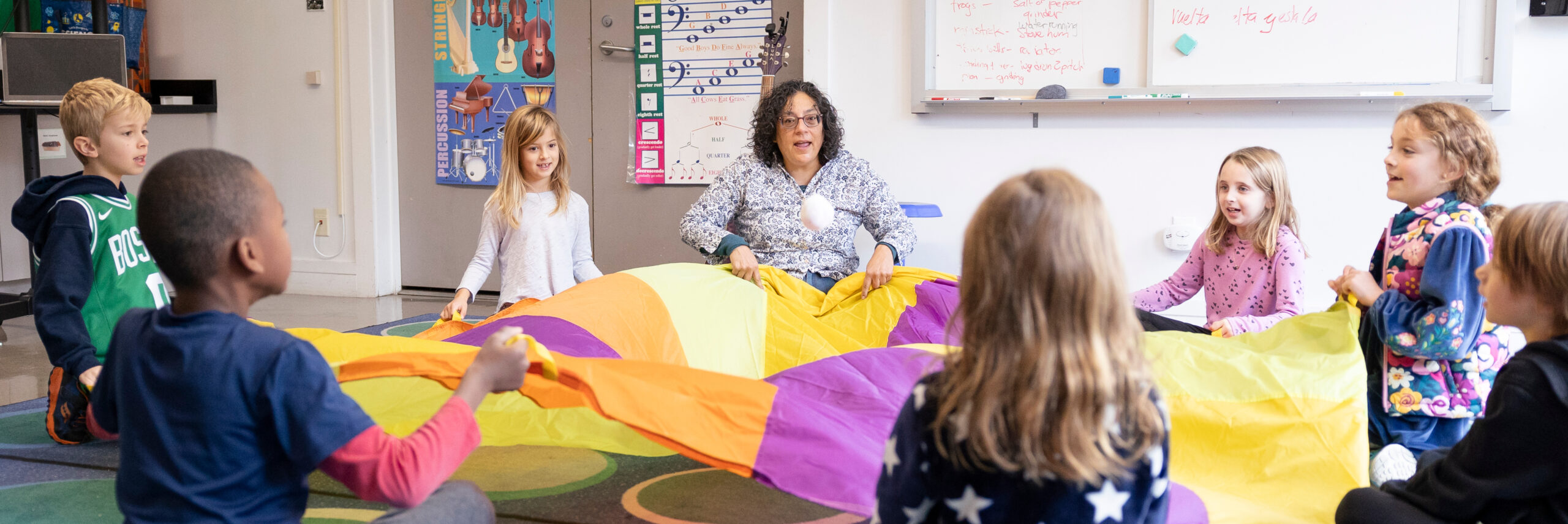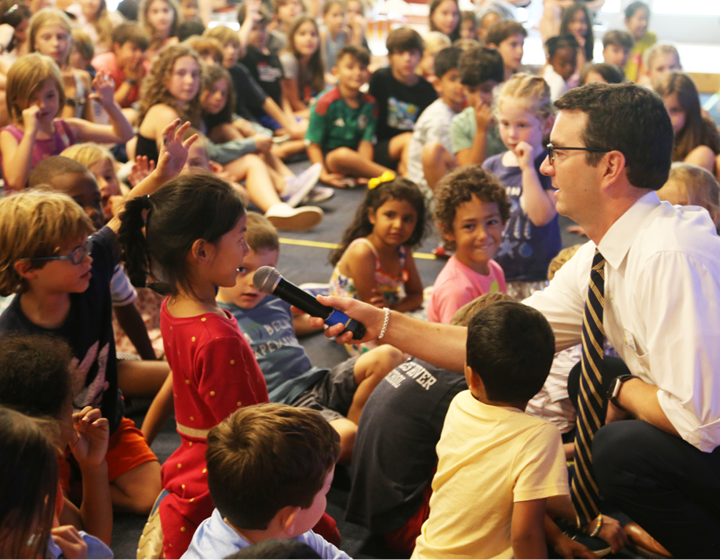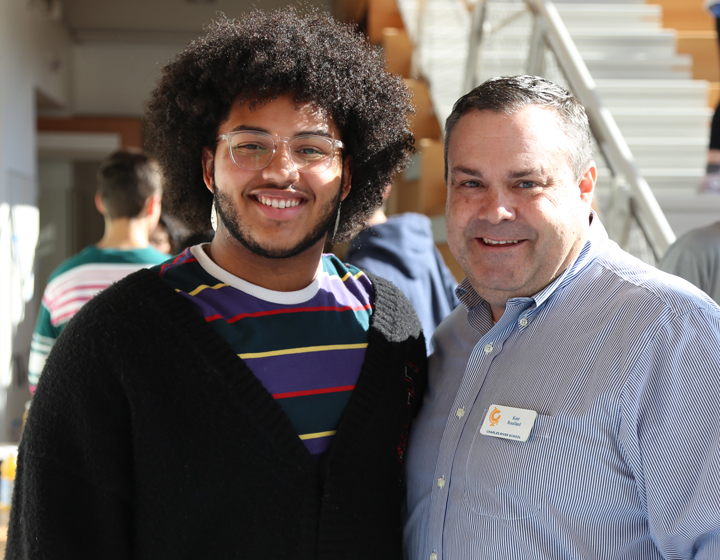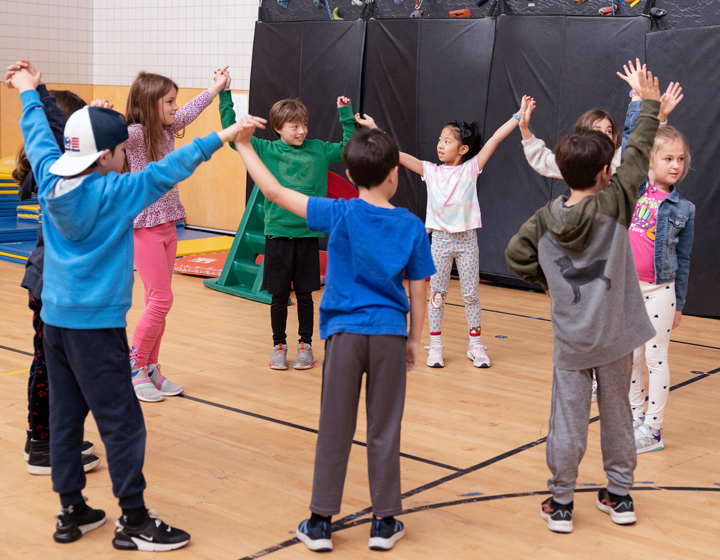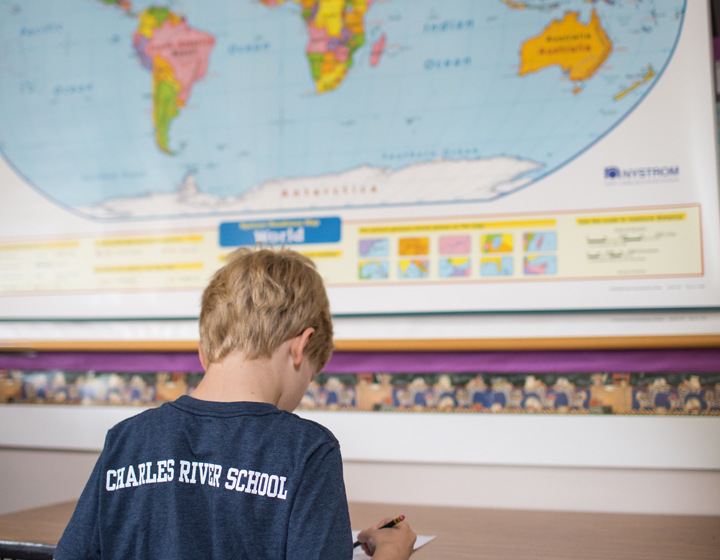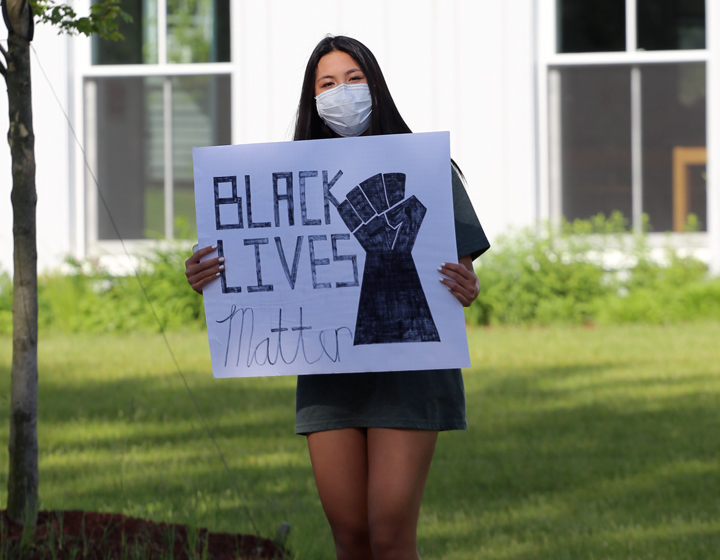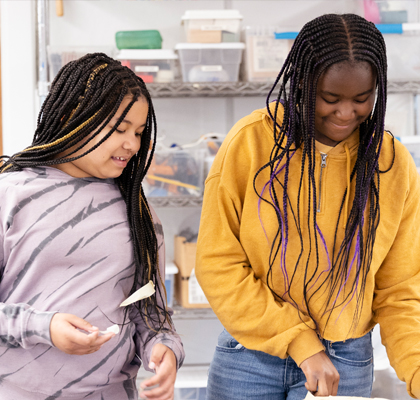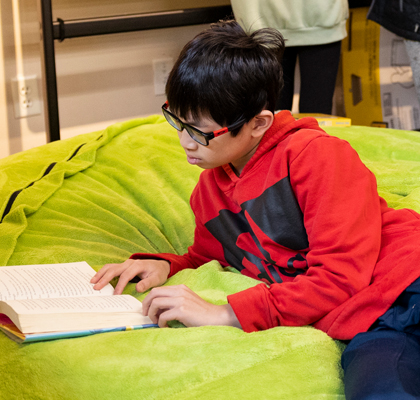An education that honors the pursuit of academic excellence and the joy of childhood must be one that has equity, inclusion, and belonging at its core.
All students feel the greatest joy and do their best academic work when they feel seen, heard, and respected. Across our campus, Charles River School actively works to make sure that every student, and as an extension our families and professional community, feels just that.
CRS’s unwavering commitment to that work is rooted in our mission to graduate students who “know themselves, understand others, and shape the future of our diverse world with confidence and compassion.” We are intentional in our ongoing work to cultivate an environment in which all members of our community learn the skills and develop the tools necessary to thrive in the ever-changing, 21st-century world. We are dedicated to our efforts to create a school community in which everyone is welcomed, recognized, and valued both as an individual and as a member of the Charles River School family.
Learn about the Climate Assessment and our ongoing CEI Action Plan
Defining CEI Terms at CRS
Community, Equity, and Inclusion Mission Statement
At Charles River School, community, equity, and inclusion are essential parts of our curriculum and our community and are central tenets of our Mission Statement. Through our teaching practices and the authentic learning experiences we provide for our students inside and outside of the classroom, Charles River School shows a deep dedication to graduating well-rounded students who “know themselves, understand others, and shape the future of our diverse world with confidence and compassion.
Alliance and Affinity Groups
Alliance Groups bring together people who have a common commitment to an identifier group, e.g. race, gender, religion, family status, etc. Alliance groups are for individuals who identify as members of the group and/or as people who support and stand in solidarity with that group.
Affinity Groups bring together people who have an identifier in common, e.g. race, gender, religion, family status, etc. Affinity groups are for individuals who identify as members of the group and can speak to the experience of being a member of the group from the “I” perspective.
Affinity groups provide students with the safety and comfort to be their authentic selves, identity affirmation, and positive racial socialization. This is done through age-appropriate identity exploration, a celebration of selfhood/sense of pride, the discussion of common experiences, and a debrief of common challenges.
By providing connection and affirmation to those whose identities, whether in terms of race/ethnicity, sexual orientation, or other markers, may differ from the majority, affinity groups strengthen their members’ sense of belonging and empower them to engage in the broader community more confidently.
Research shows that spending time in affinity groups helps students become better psychologically and physiologically able to seek relationships outside of that group.
When students develop the self-confidence that comes specifically from positive identity development, they engage more in healthy risk-taking at school, such as stepping out of their comfort zones to build friendships with peers, reaching out to adults for support, or trying new activities.
Simply put, affinity groups offer safe places for members to be themselves in smaller groups so that they can then be more of their full selves in larger ones.
Charles River School offers affinity and alliance groups for families, students, and employees:
Charles River School admits students of any race, color, religion, gender, sexual orientation, gender identity, national or ethnic origin to all the rights, privileges, programs, and activities generally accorded or made available to students at the school. It does not discriminate on the basis of race, color, religion, gender, sexual orientation, gender identity, national or ethnic origin in administration of its educational or admissions policies, scholarship and loan programs, and athletic and other school-administered programs.

